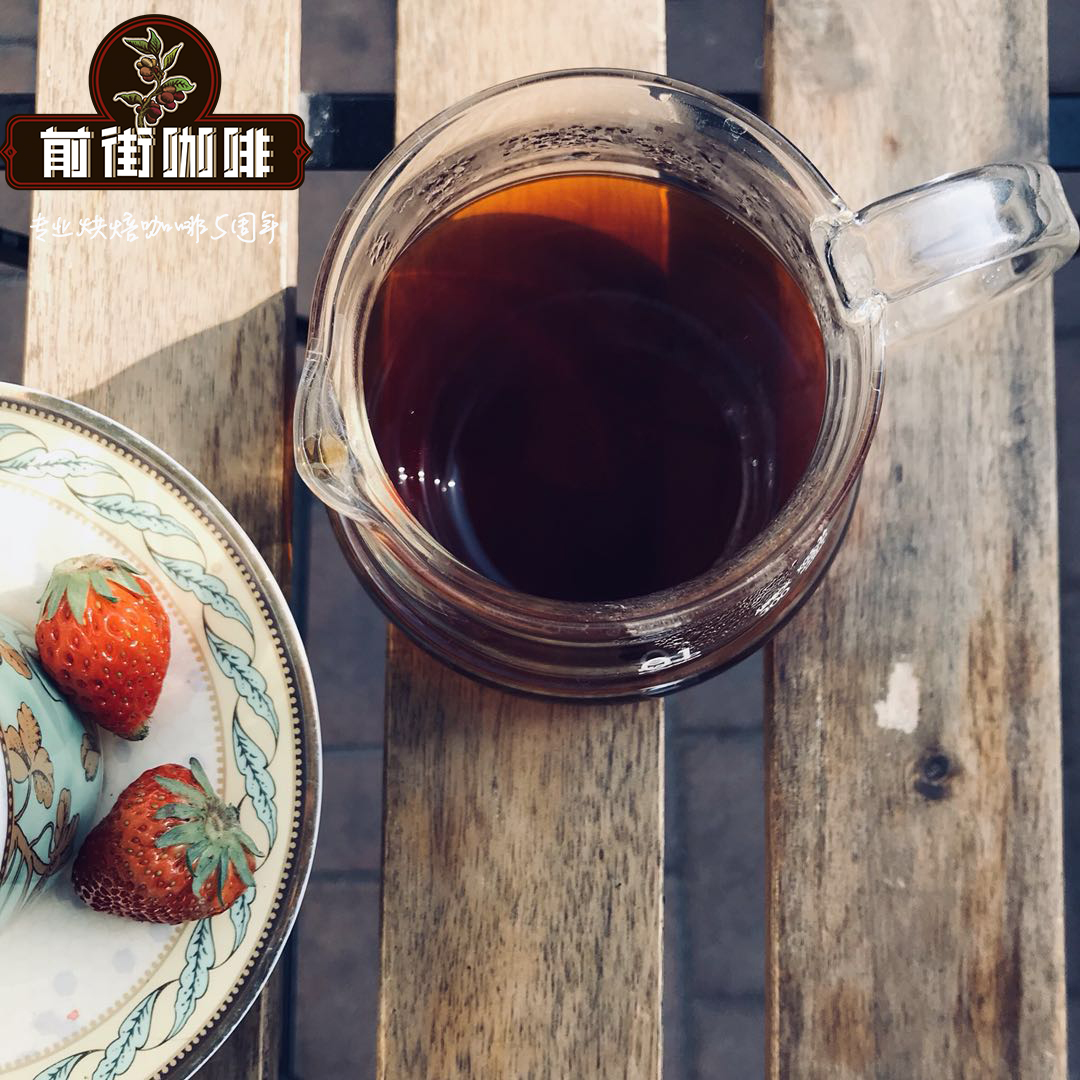Burundian Coffee characteristics Burundian Coffee Flavor, introduction of Burundian producing areas

For information, please follow the coffee workshop (Wechat official account cafe_style)
Burundian Coffee in 1920 Belgian colonists brought coffee to Burundi for cultivation. As a result of the policy imposed by Belgian colonists, by 1933, each farmer was required to plant at least 50 coffee trees. Burundi achieved independence in 1962 and coffee production was gradually privatized. Due to the overall political climate change, the coffee industry began to become privatized from 1972 to 1991.
Before 1993, the growth of coffee cultivation in Burundi was very stable, but the civil war in 1993 led to a sharp decline in production. Since then, Burundi has made efforts to increase both coffee production and coffee prices at the same time. Because of the impact of the civil war on the economy, it has become very difficult for the government to invest in industry. Until 2011, Burundi had the lowest per capita income of 90% of the world's population dependent on agriculture. Burundian coffee and tea exports account for 90 per cent of all exports. The coffee industry is slowly picking up, but it is still hard to reach the level of the 1980s. Nevertheless, we still have high hopes for Burundian coffee. 650000 families are dependent on the planting industry, and it will make sense to improve the quality of crop cultivation while driving prices. But residents' fear of political instability has become the most prominent challenge for cultivation development in Burundi.
The geography of Burundi is very suitable for growing coffee. A large number of mountains provide the necessary elevation and climate. However, there is no coffee farm in Burundi, and coffee is grown by a large number of small farmers. Now, these farmers are systematically planting around 160 washing treatment plants across the country. The 2x3 processing plants in the country are owned by the state. Hundreds to 2,000 coffee growers send their own fresh fruit to these processing plants for processing.
Burundi has the most diverse and successful coffee industry in the world, and has its own characteristics. Coffee in this country was introduced by Belgian colonists in 1930 and is now grown only on small farms. Unfortunately, many of these farms are on the border with war-torn Rwanda, putting pressure on coffee production.
Almost all coffee produced in Burundi is Arabian coffee beans, while coffee trees in Ngozi are planted at an altitude of more than 1200 meters. Burundian coffee has a rich aroma and excellent acidity, and most of its products are exported to the United States, Germany, Finland and Japan.
In Burundi, most coffee is bourbon, and coffee cherries are processed by traditional wet treatment. We can find different styles of coffee from different producing areas, the main characteristics of its boutique coffee is elegant sweetness and bright citrus aroma. There are not only full-bodied coffee with nutty and caramel flavor, but also coffee from higher Haibo region, as well as coffee with finer processing and balanced citrus and chocolate flavors.
Important Notice :
前街咖啡 FrontStreet Coffee has moved to new addredd:
FrontStreet Coffee Address: 315,Donghua East Road,GuangZhou
Tel:020 38364473
- Prev

Introduction of Panamanian Coffee Pocket Butterfly, Panamanian Flower Butterfly, Flower Butterfly Taste
For information, please follow the coffee workshop (Wechat official account cafe_style) Panama is a Central American country, bordered by Costa Rica to the west and Colombia to the east. Anyone who knows anything about individual coffee should know that Panamanian coffee is famous in the coffee world as the geisha Geisha (the name of Rosa) in the Emerald Manor. It can be said that he strives for coffee and is rich in high-quality coffee.
- Next

The difference between Golden Manning and Old Manning Coffee
For information, please pay attention to the coffee workshop (Wechat official account cafe_style) Manning is not the name of the producing area, the place name, the port name, nor the name of the coffee variety. How did it get its name? In fact, it is a phonetic error of the mandheling people in Mandaining, Indonesia. During the Japanese occupation of Indonesia during World War II, a Japanese soldier drank mellow coffee in a cafe.
Related
- Does Rose Summer choose Blue, Green or Red? Detailed explanation of Rose Summer Coffee plots and Classification in Panamanian Jade Manor
- What is the difference between the origin, producing area, processing plant, cooperative and manor of coffee beans?
- How fine does the espresso powder fit? how to grind the espresso?
- Sca coffee roasting degree color card coffee roasting degree 8 roasting color values what do you mean?
- The practice of lattes: how to make lattes at home
- Introduction to Indonesian Fine Coffee beans-- Java Coffee producing area of Indonesian Arabica Coffee
- How much will the flavor of light and medium roasted rose summer be expressed? What baking level is rose summer suitable for?
- Introduction to the characteristics of washing, sun-drying or wet-planing coffee commonly used in Mantenin, Indonesia
- Price characteristics of Arabica Coffee Bean Starbucks introduction to Manning Coffee Bean Taste producing area Variety Manor
- What is the authentic Yega flavor? What are the flavor characteristics of the really excellent Yejasuffi coffee beans?

